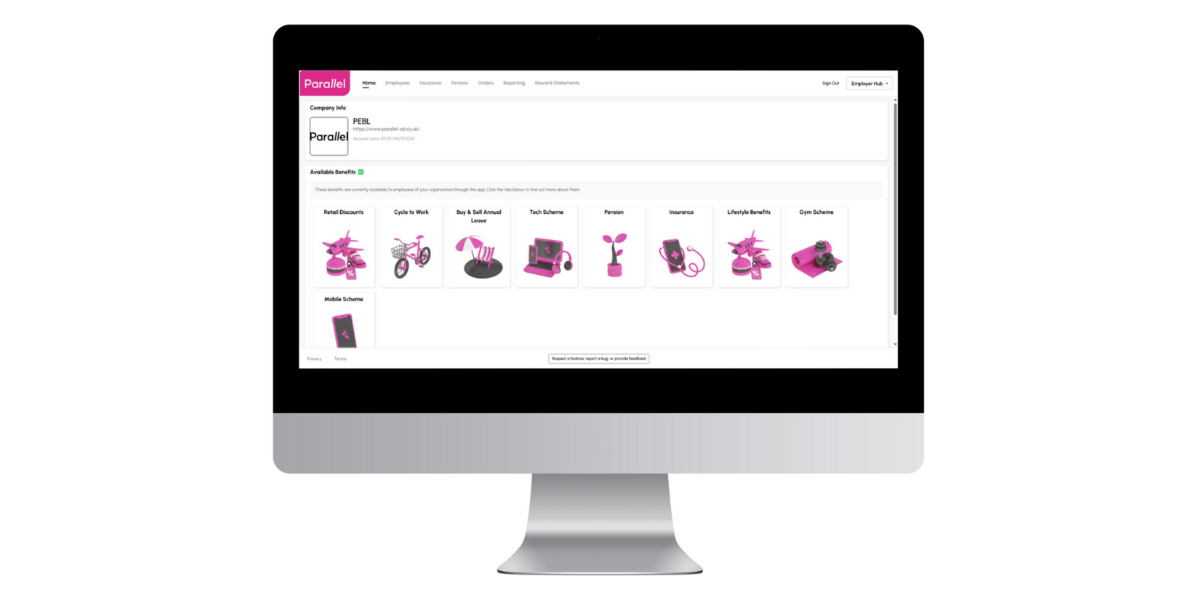For decades, workplace benefits have been designed with large corporations in mind. Platforms promise cutting-edge perks and streamlined administration. But in practice, they often come with hefty price tags, steep learning curves, and a level of complexity that small and medium-sized enterprises (SMEs) simply cannot absorb. The result? Smaller employers and start-ups are priced out of the very benefits that could help them attract, engage, and retain the people they need to grow.
It’s a model that no longer fits today’s world of work; one that needs to be challenged.
Why traditional benefits platforms fail SMEs
At first glance, many benefits platforms look impressive: a wide menu of offerings, glossy dashboards, and promises of enhanced employee engagement. But for SMEs, the reality is often different. Costly subscriptions eat into limited budgets, onboarding takes up precious time, and the support offered rarely matches the day-to-day needs of a lean HR function.
Instead of making life easier, traditional benefits technology can feel like a drain, overpromising and underdelivering for the very businesses that need the most support. SMEs don’t need bloated systems designed for corporates; they need solutions built with their realities in mind.
The rise of no-cost, corporate-grade solutions
The good news is that the benefits landscape is shifting. New platforms are emerging that strip out unnecessary complexity, centralise administration, and some, crucially, remove the cost barrier altogether.
These innovations offer corporate-grade benefits to SMEs on fairer terms. Employees can access pensions, health plans, and wellbeing tools through user-friendly apps, while employers gain streamlined administration that reduces paperwork and compliance headaches. For smaller businesses that lack a dedicated HR team, this kind of simplicity is transformative.
In practice, this means SMEs can now compete with larger firms on the benefits front. And in today’s labour market, where skilled candidates have more choice than ever, that leveling of the playing field matters.
What “fair and accessible” benefits really mean
At its heart, fairness in employee benefits is about accessibility. Every worker, regardless of whether they’re in a multinational or a 20-person start-up, should have access to the financial security and wellbeing support that benefits provide.
For SMEs, this translates into three key outcomes:
● Retention: When employees feel supported with meaningful benefits, they’re more likely to stay. For small businesses, where every team member counts, reducing churn is invaluable.
● Productivity: Benefits like health cover and mental wellbeing support directly improve energy, focus, and attendance; fuelling day-to-day performance.
● Growth: By offering packages that rival larger employers, SMEs can attract the calibre of talent they need to scale.
Levelling the playing field
Employee benefits shouldn’t be a privilege reserved for those in big companies. As technology evolves, so too must our expectations of what’s possible for smaller businesses. Lowering the barriers - cost, complexity, and accessibility / means SMEs can finally take their place in a benefits landscape that has for too long excluded them.

